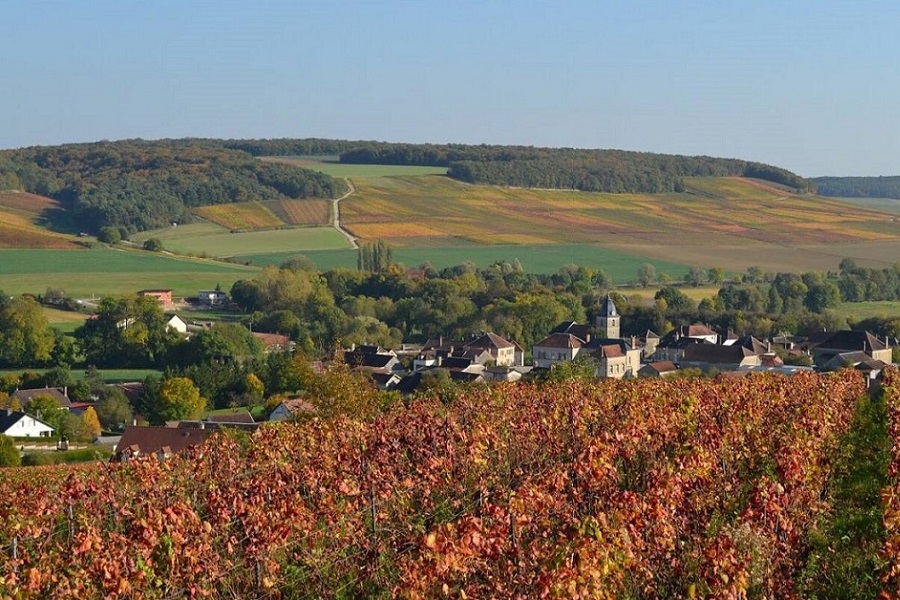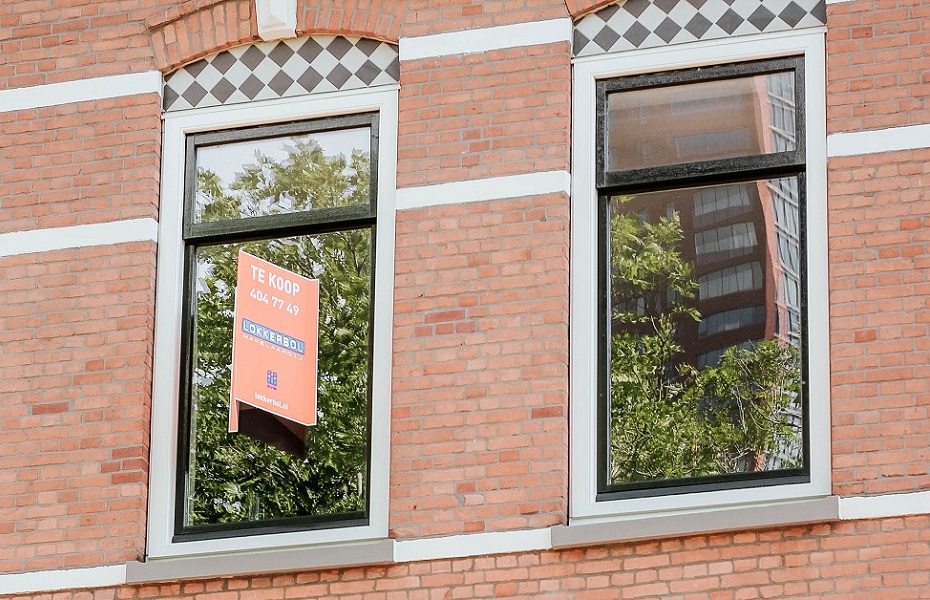Property Markets
Property market post covid.
How the pandemic changed the property market
7 possible changes in the property markets post corona.
Our lives will change in the near future, but to what extent it is not clear. Will people adapt to lifestyle changes, or if everyone will revert quickly to the previous way of life? It does appear that people are enjoying the less frequent commutes and increased child-care flexibility, but they are missing the social interaction of the water-cooler.
Here are 7 hot takes on a post Covid property landscape, that could turn out to be completely wrong…
1) Office space will be repurposed as homes. Many people find they are more productive when they are given the reins to self-regulate. Firms agree that there’s less wastage in meetings and on commuting. Employers can now envisage reducing their HQ square footage; saving money on rent, utilities, canteens, phone contracts, stationery and other fixed costs. Twitter, among other companies, have already announced their staff will continue to work from home for the foreseeable future. Potentially then, city centre prices could come down significantly and people might once again be able to afford to live downtown.
2) People may move away from the cities. On the other hand, since we’re able to work from home more often, will we start moving away from urban centres? We may choose a greener world in villages or small towns, where properties are cheaper, and the air is cleaner. Current reports suggest there is a switch to buying more local produce and this is in line with a desire for closer rural self-supporting communities. Other goods can be ordered online.
3) Some of us are going to relocate to warmer climes. We have proved that we can do our jobs no matter where we are located. This may give us the confidence to uproot and move to countries with better weather and a cheaper cost of living. Our spare time can be spent on the beach in the sun, hiking, sailing, skiing or wine-tasting.
4) Holiday homes within driving distance might prove more popular. The airline industry is currently in limbo, and we are unsure of the safety of being cooped up in confined spaces with recycled air. If regulations dictate that fewer travellers are allowed per flight, jetting off to the coast will also become a lot more expensive. Northern Europeans may prefer to own or share a second home within driving distance, rather than on a Mediterranean island, or in a more exotic destination.
5) Hotels won’t seem so attractive. Guests would need to be sure that hotel rooms have been thoroughly cleaned after the previous occupants, and that the same cleanliness extends to the restaurants, cafes and bars. If confidence has not returned in the case of catching the corona virus, or any new virus which may crop up from time to time, there could be a shift to renting holiday homes where you can clean yourself (if you are so inclined), cook at home enjoying produce from local markets.
6) Retail spaces are being converted into social outlets. Even before this pandemic high street shops and centres were struggling. Online shopping had already started taking off, but latest figures now show a real surge in purchasing from your sofa. With some innovation I can envisage malls and high streets becoming places of entertainment. When this is all over, we will really appreciate meeting fellow humans face-to-face!
7) Big shall become beautiful. There are many reports of people converting unused spaces in their houses into offices or improvising with smaller apartments to create work environments. We may see families acquiring larger properties that provide an office for both parents, larger rooms for students to attend university from home and a roomier staycation environment. Look out for a lot of skips on the streets as houses are extended or redesigned.
Business English Courses

Management-Reporting
Self-study

Financial English
Live Training

Insurance English
Self-study

Wine Industry English
Live Training

Management-Reporting
Live Training

Property English
Live Training
